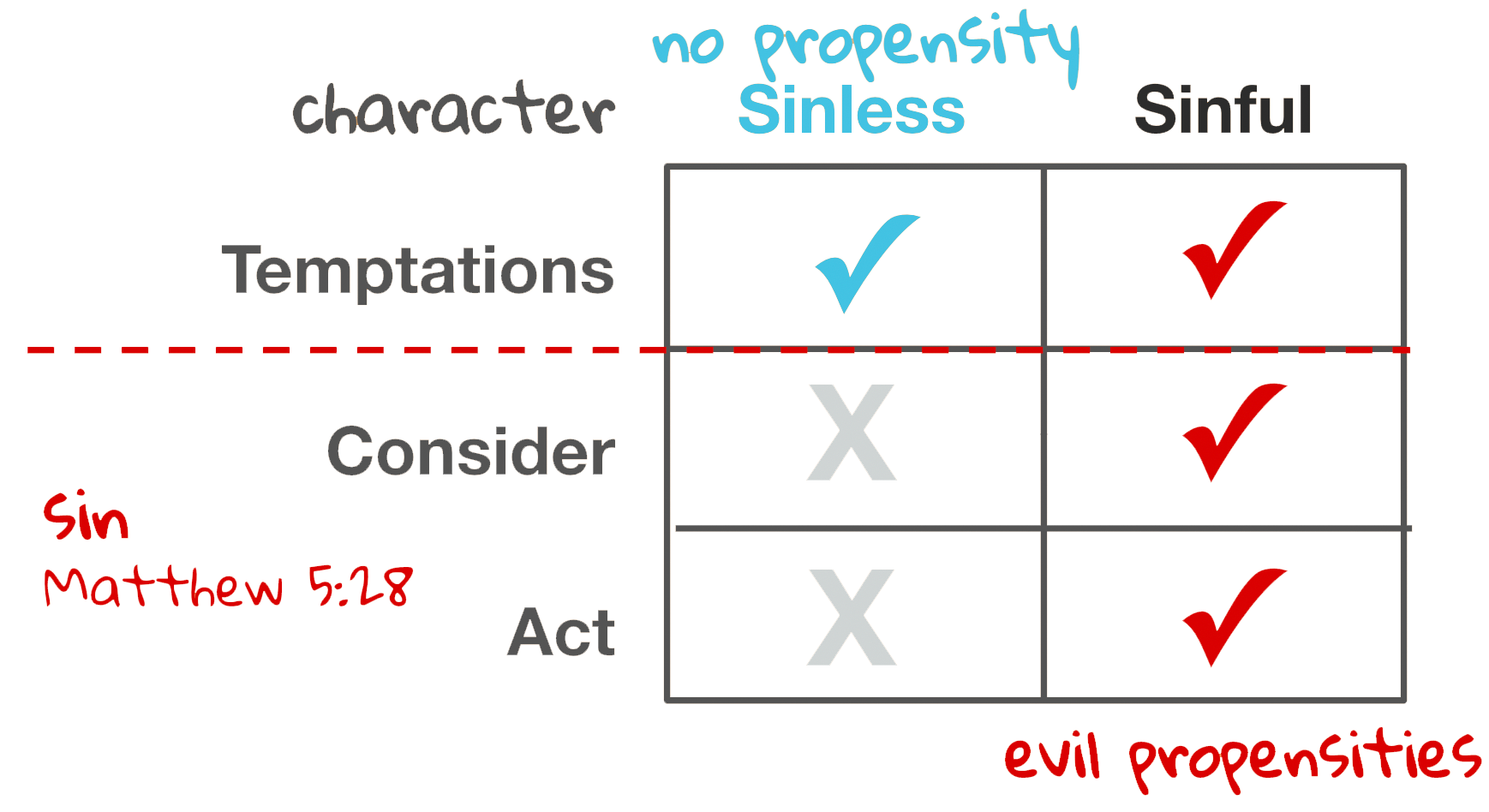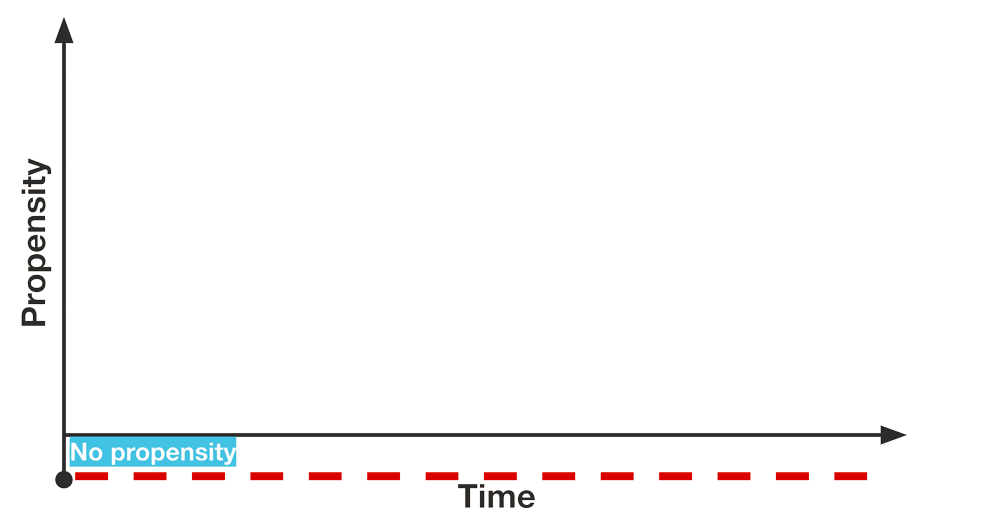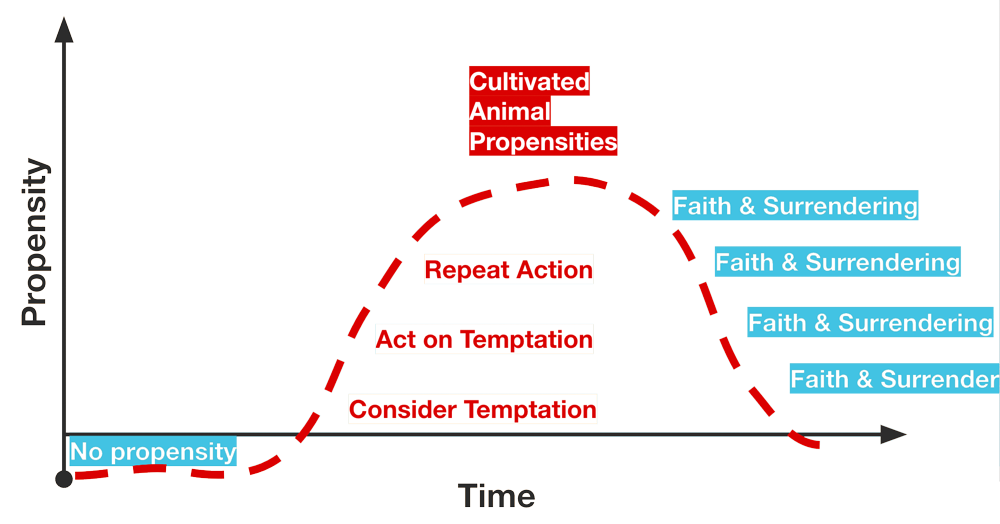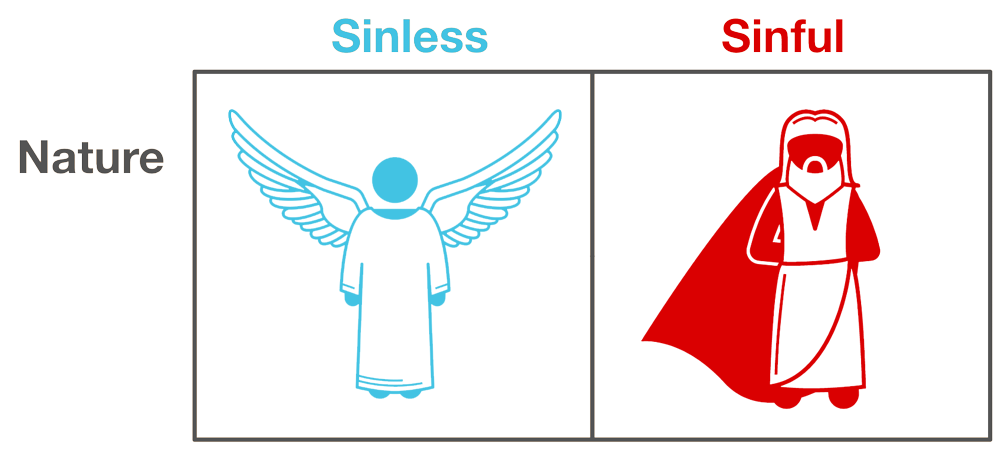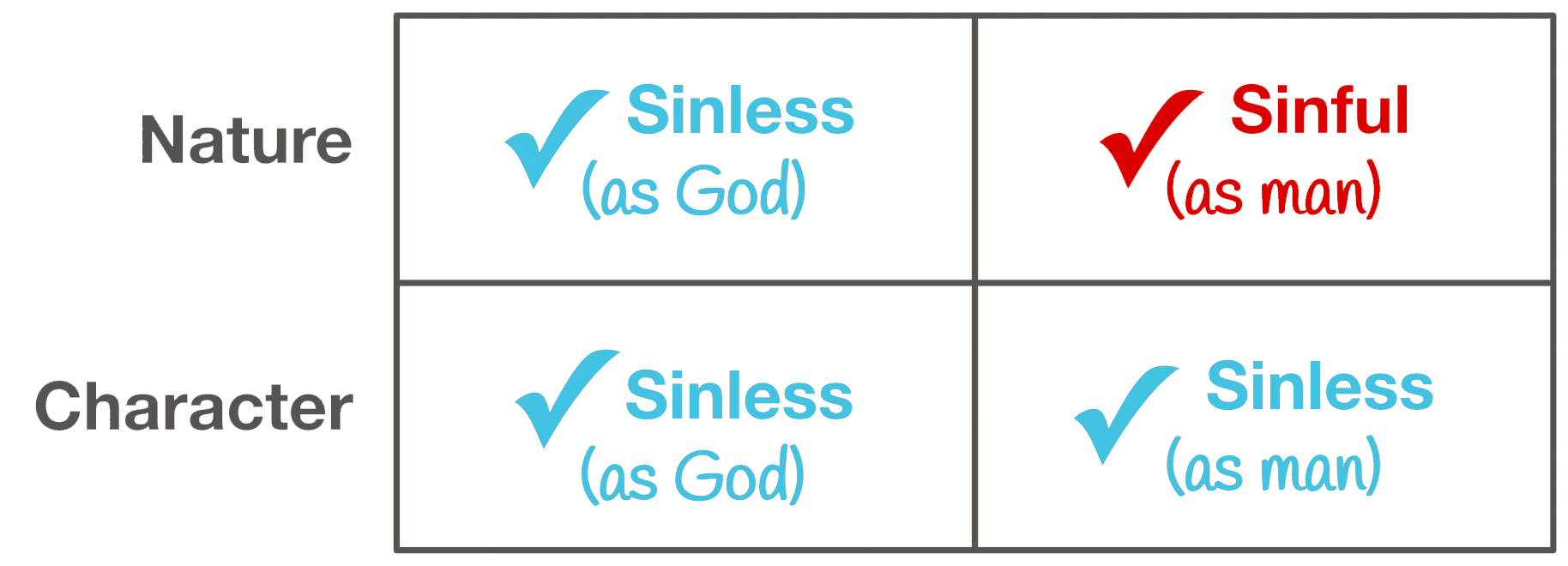How could Jesus be God and also Human?
Before coming to earth, Christ was divine only:
“But while God's Word speaks of the humanity of Christ when upon this earth, it also speaks decidedly regarding His pre-existence. The Word existed as a divine being, even as the eternal Son of God, in union and oneness with His Father.”
Selected Messages (1SM 247.2)
“The divine nature in the person of Christ was not transformed in human nature and the human nature of the Son of man was not changed into the divine nature, but they were mysteriously blended in the Saviour of men.”
EG White, Review and Herald, July 17, 1900
This does not diminish Jesus' divinity in any way! Selected Messages tells us that:
“From all eternity Christ was united with the Father, and when He took upon Himself human nature, He was still one with God. He is the link that unites God with humanity.”
Selected Messages (1SM 228.4)
Infact, we are warned not to think that Jesus lost His divinity!
“...let every human being be warned from the ground of making Christ altogether human, such an one as ourselves; for it cannot be. The exact time when humanity blended with divinity, it is not necessary for us to know. We are to keep our feet on the Rock Christ Jesus, as God revealed in humanity.”
Selected Messages (1SM 228.4)
Selected Messages tells us that while He did not access His divinity, He did not lose it!
“In assuming humanity Christ took the part of every human being. He was the Head of humanity. A Being divine and human, with His long human arm He could encircle humanity, while with His divine arm He could lay hold of the throne of the Infinite.”
Selected Messages (1SM 252.2)
Could Jesus be tempted?
“Let no man say when he is tempted, I am tempted of God: for God cannot be tempted with evil, neither tempteth he any man”
James 1:13
“As God He could not be tempted: but as a man He could be tempted, and that strongly, and could yield to the temptations. His human nature must pass through the same test and trial Adam and Eve passed through. His human nature was created; it did not even possess the angelic powers. It was human, identical with our own. He was passing over the ground where Adam fell. He was now where, if He endured the test and trial in behalf of the fallen race, He would redeem Adam's disgraceful failure and fall, in our own humanity.”
Selected Messages (3SM 129.3)
Jesus did not access His divinity as man, He did not do miracles through His own power but instead through the power of God through the angels. Had He accessed His divinity when tempted by lucifer He would have altered the course of history.
“All the miracles of Christ performed for the afflicted and suffering were, by the power of God, through the ministration of angels.”
The Spirit of Prophecy, vol. 2 (2SP 67.2)
What is interesting is that when Jesus took on human nature, lucifer rejoiced thinking that he could pull Jesus down by making Him sin…
“satan again rejoiced with his angels that he could, by causing man's fall, pull down the Son of God from His exalted position. He told his angels that when Jesus should take fallen man's nature, he could overpower Him and hinder the accomplishment of the plan of salvation.”
Early Writings (EW 152.2)
Did Jesus maintain a Sinless Character?
To be clear, there should be no question that Jesus maintained a perfectly sinless character.
“We should have no misgivings in regard to the perfect sinlessness of the human nature of Christ. Our faith must be an intelligent faith, looking unto Jesus in perfect confidence, in full and entire faith in the atoning sacrifice. This is essential that the soul may not be enshrouded in darkness. This holy substitute is able to save to the uttermost; for He presented to the wondering universe perfect and complete humility in His human character, and perfect obedience to all the requirements of God.”
The Signs of the Times (ST June 9, 1898, par. 15)
“He took upon Him the work of mediator between God and man. In the fulness of time He was to be revealed in human form. He was to take His position at the head of humanity by taking the nature but not the sinfulness of man.”
The Signs of the Times (ST May 29, 1901, par. 11)
For this last statement to make any sense, we must recognize that there is a Nature and Character, we read this here:
“With His human arm, Christ encircled the race, while with His divine arm, He grasped the throne of the Infinite, uniting finite man with the infinite God. He bridged the gulf that sin had made, and connected earth with heaven. In His human nature He maintained the purity of His divine character.”
The Signs of the Times (ST August 24, 1891, par. 9)

